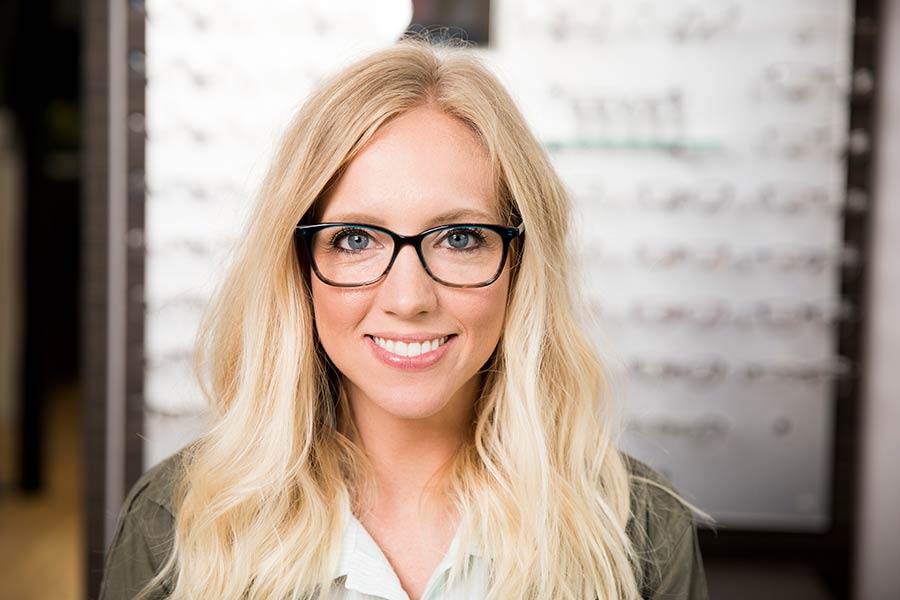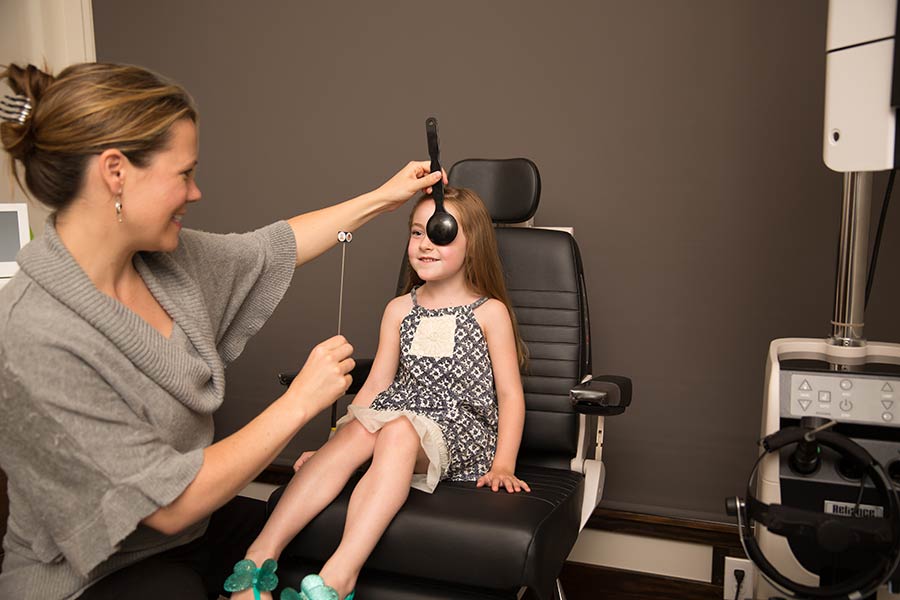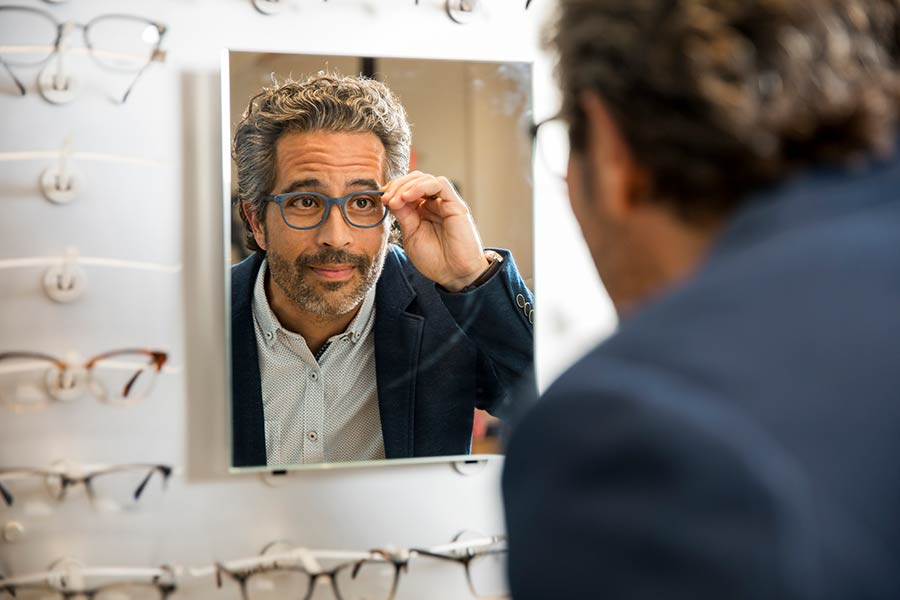
High-Quality, Friendly, Innovative
Comprehensive Bozeman Eyecare
Maintaining your eye health requires regular vision and eye health exams. We are dedicated to utilizing state of the art technology in order to care for you and your family. Our eyecare professionals take the time to listen to your visual needs and offer a range of high-quality, creative and innovative solutions to meet your needs.
Annual Eye Exams
We encourage all of our patients to have a routine eye exam once a year–even if you have “20/20” vision. During your exam, the doctor will evaluate three areas that contribute to your vision: refractive status, binocular vision, and ocular health. After a detailed patient history, your doctor will perform a careful refraction to determine your unique prescription. Next, we test how well the eyes work together, focusing ability, and eye tracking efficiency. Finally, we will evaluate both the exterior and interior structures of your eye to detect for any eye disease. Using dilation, the doctor can detect nonvision-related health issues and systemic diseases, including high cholesterol, high blood pressure, and diabetes. A retinal evaluation for degenerations, retinal holes, and detachments will also be performed.
Medical Eyecare
Our practice is dedicated to supporting your overall ocular health with comprehensive, patient-centered care. Our optometric physicians bring advanced training in pediatric eyecare and primary care to the Gallatin Valley, allowing us to care for patients of all ages and visual needs.
We pride ourselves on utilizing elegant, state-of-the-art diagnostic technology, including Optomap retinal imaging and OCT, which help with the early detection and management
of conditions such as glaucoma, macular degeneration, and other retinal diseases.
If you’re experiencing symptoms such as redness or dry eye, styes, pink eye, or general eye irritation, we encourage you to schedule a consultation. For more urgent concerns — including flashes of light, sudden vision changes or loss, double vision, new floaters, or significant eye pain — please contact our office immediately at 406-522-8888.
Pediatric Eyecare
Not all eye exams are the same, especially when it comes to your child. Although vision screenings at the pediatrician and preschool do catch some visual deficits, your baby’s initial vision checkups should occur at 9 months, 3 years, and 5 years of age and should begin with a qualified pediatric eye care professional. This is particularly important if there is a family history of vision problems or if your child displays any of the following: an occasional eye turn, slight unevenness in the eyelid position, avoidance, fatigue or inattention with reading or school activities, mild headaches, rubbing of the eyes, occasional squinting, or a slight head turn.
Contacts
Our practice uses corneal topography to map your cornea allowing our doctors to customize each contact lens fit to your eye. We fit all types of lenses including contact for astigmatism, multifocals, dry eyes, and keratoconus. During your contact lens evaluation the doctor will evaluate your prescription, the corneal health, followed by the fit of your contact lens. We recommend our patients take their contacts for a “test drive” prior to purchasing an annual supply to determine whether or not the contact lens brand will work in each individual’s environment. We have many trial contacts in stock so you will likely have new lenses when you leave your appointment.
A Contact Lens Treatment
Myopia and Ortho K
Ortho-Keratology is a contact lens treatment that involves sleeping in a specialty contact lens that re-shapes the cornea overnight to produce 20/20 vision without the use of glasses or contacts during the day. The advantage to the treatment are its’ non-invasive nature as well as the ability to be performed at young ages. Ortho-Keratology also works to slow down rapidly changing myopia (nearsightedness) in kids.
Myopia or nearsightedness (blurry distance vision) can affect us at any age. Myopia can be environmental or genetic and there are times in our life when the progression of myopia can happen rapidly. There are new developments in myopia, such as low dose atropine and Ortho-Keratology. Low dose atropine is prescribed by your doctor and the patient takes one drop at bedtime. Your doctor monitors your vision and progression of myopia over time.


Let's Start Seeing Clearly
Book Your Next Appointment with Us
Call our office today to schedule an appointment with our exceptional Montana eye center—we're happy to work with you! If you are a new patient, please fill out and submit our New Patients Form.





